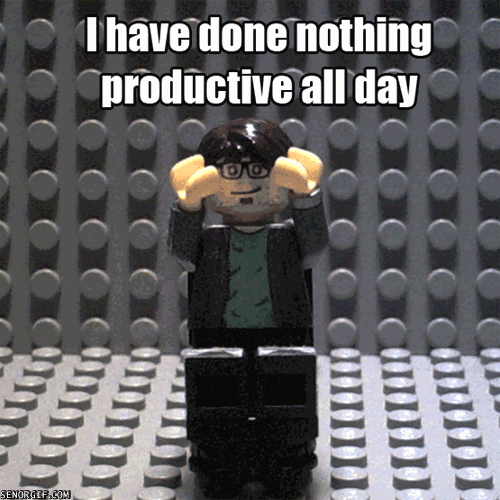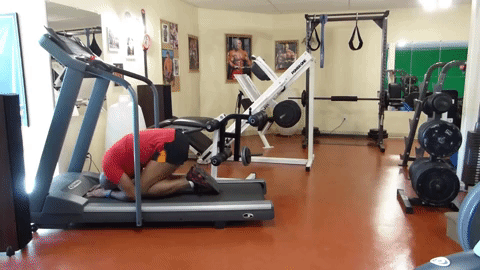In college it's far too easy to fall into an eat/study/party/sleep/repeat cycle, but is it healthy? If you know you follow this pattern, you probably acknowledge that it's not the best but let's face it—breaking habits are hard. If you groan at the thought of waking up early, it's probably because you didn't get enough sleep. Procrastination, social media, and the hundreds of other distraction the world provides don't make maintaining a healthy sleep schedule easy.
Sleep is great, but there's a lot of life that we miss when we oversleep. Waking up early provides an opportunity to get. stuff. done. Waking up early isn't an option for everyone, of course. If you work a night shift, for example, this article may be pretty useless to you.
Regardless of your schedule, though, we should take into consideration why we sleep when we do, why we wake up when we do, and why we prioritize certain things over others. Maybe it's just laziness, but if that's it then we're doing more harm to ourselves than we may realize.
So why should anyone get up early on purpose?
1. Productivity.

I don't know about you, but I always feel like I wasted my day when I wake up any later than 8 a.m. and 9 a.m. at the latest. Sleeping in is great on occasion, but long-term what does it do for you? There is so much you can do with that extra hour or so, so put it to use! Make a list of priorities for the day, finish up a homework assignment, or clean out your sock drawer if that's what you need to do. Rising before the morning rush gives you time to get organized and jump-start your day.
2. Breakfast.

Breakfast, breakfast, breakfast. You were told to eat it in kindergarten but somehow the message still hasn't gotten through. I know there's a huge debate about how necessary eating breakfast really is, but waking up early ensures you some time to get good food in your system. Even if it's just a granola bar or a yogurt, getting something in your system will provide some sustenance for whatever it is you have to face in the morning.
3. Exercise.

The best type of wake-me-up is exercise, by far. Whether it's a short jog around your neighborhood, a couple of push-ups on your bedroom floor, or an early morning yoga session, moving your body around will get your blood pulsing and your brain working.
4. Faster commute (duh!).

Getting out on the road before 7 a.m. will definitely cut valuable minutes off your travel time to school and/or work. A lot of time is wasted sitting in a standstill on the highway, so if you can avoid it you might as well.
5. Self-care.

Besides breakfast, taking a few minutes to prep your body for the day brings on a new dose of self-confidence. You don't have to beat your face with primer and highlight and the works, but washing your face, brushing your teeth, and a quick groom-over can have a large effect on how you live out your day.
Bonus: watching the sun rise.
There's nothing like waking up to a sunrise. Absolutely nothing.
So how does one go about this? It's not for the faint of heart, after all. Building a solid habit takes time and it's a choice you have to make for yourself. Here are a few suggestions for how to begin working an early rise into your routine:
Schedule classes earlier.
Scheduling your classes earlier gives you more motivation to get up and at 'em. In general, earlier classes also tend to be less crowded and more available because they're early. The sooner you go to class, the sooner you get to leave.
Avoid the blue light before saying good night.
The "blue light" that radiates from our phones messes with our brain and internal sleep clock. Staying up too late on your device may be one of the reasons you wake up feeling like absolute crap. Put your phone away at least thirty minutes before going to sleep, preferably across the room and away from your bed. I mean, do you really need to open that Snapchat or can it wait till morning?
Hit snooze, you lose.
Avoid the snooze button at all costs. It's the enemy. We don't like it.
Turn to peers for assistance.
Having a friend or compliant roommate to keep you on track is probably the most valuable resource of them all. Ask a peer to keep tabs on you and check in every once in a while. Vocalizing a plan for self-improvement, rather than internalizing it, makes you more likely to follow through once someone else knows. We're all human and we all need each other.











